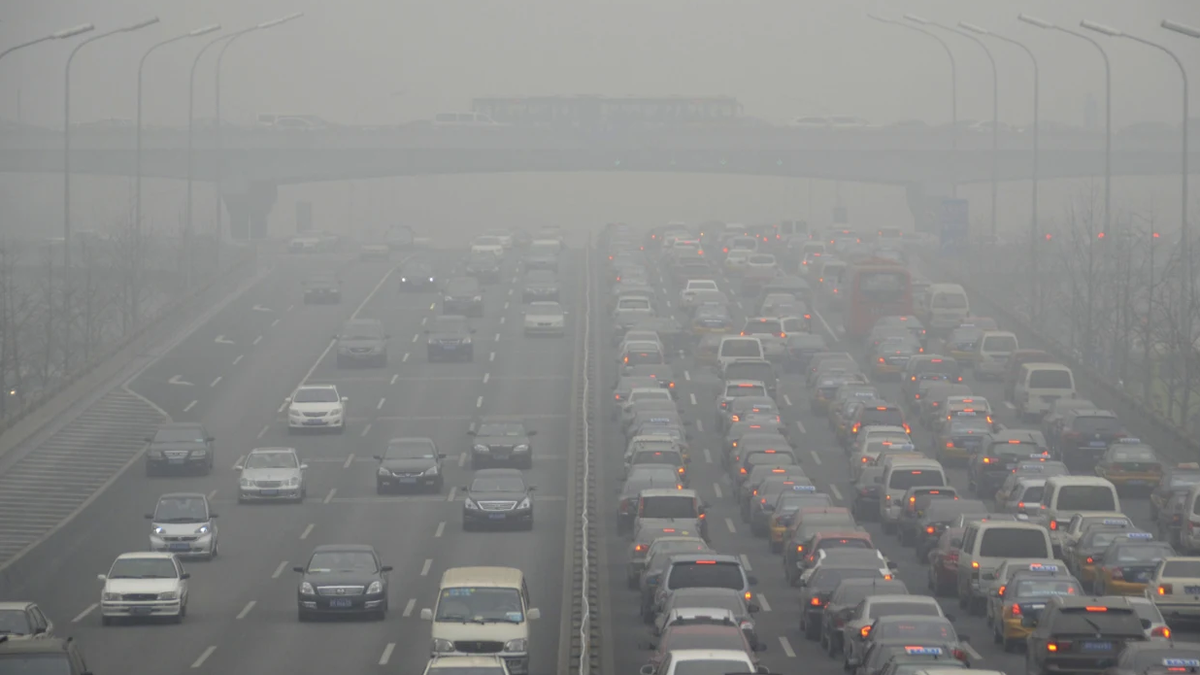Every year, pollution is a contributing factor in more deaths than war, terrorism, malaria, HIV, tuberculosis, drugs, or alcohol. Doctors say long-term exposure to exhaust fumes and air particulates can cause or exacerbate heart disease, respiratory health issues like asthma, dementia, miscarriage, and reduced cognitive ability, among others. Now, motorized vehicles aren’t the leading cause of air pollution, but they tend to be a significant contributor, particularly in cities. While many municipalities are trying to reduce the number of on-road fatalities, there are few who consider the non-traffic deaths that can be at least partially attributed to cars.
While some countries have started to work on getting a handle on this issue, studies show that around nine million—or one in six—premature deaths are the result of air pollution. Deaths from outdoor air pollution (as opposed to in-home air pollution from gas-burning stoves and radon) rose around 66 percent from 2000 to 2015, and that trend never really plateaued. As the rest of the world continues to develop, global air pollution continues to rise.
Even developed nations like the U.S. have seen spikes in premature death, including a pre-pandemic peak of over 107,000 air-quality-driven deaths. While both are tragic, air pollution is more than twice as deadly as traffic crashes. Around 43,000 Americans die in car crashes every year, which is give or take 120 per day. Not all pollution-affected early deaths can be ascribed to car-related pollution, but it sure doesn’t help.
Fine particulate matter (PM2.5), like that in car exhaust or tire dust, can be breathed in by humans just going about their day. It can enter the bloodstream through the lungs, affecting all major organs. With enough build up, you get reduced blood flow to the brain, which can have all kinds of consequences. WHO studies even show a relationship between prenatal exposure to air pollution and the delayed development of children up to age three, and have proven to be a factor in rising rates of ADHD, anxiety, and depression.
A study from the American Geophysical Union in 2022 proffers that if the U.S. eliminated all emissions from road vehicles with immediate effect, around 11,700 premature deaths per year would be eliminated. Meanwhile, getting electricity generation to a net-zero emissions point nationwide, some 9,300 additional lives would be saved. And it can’t just be one state or another doing all the work, because the air is shared, with pollution traveling several states (or even countries) away.

